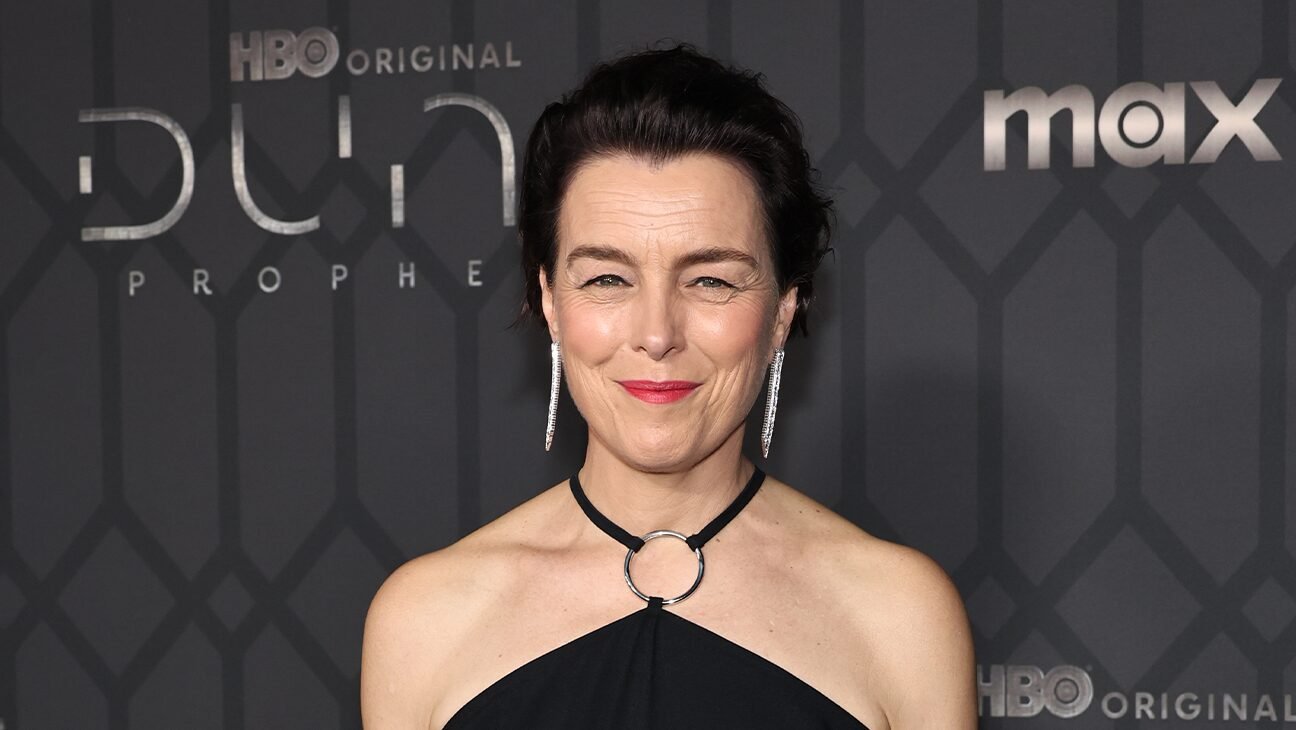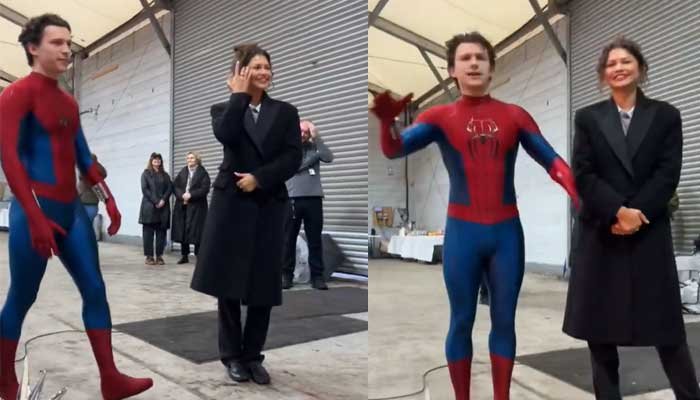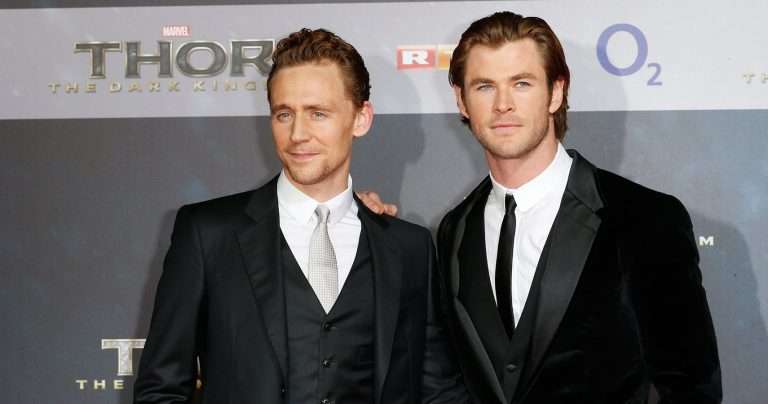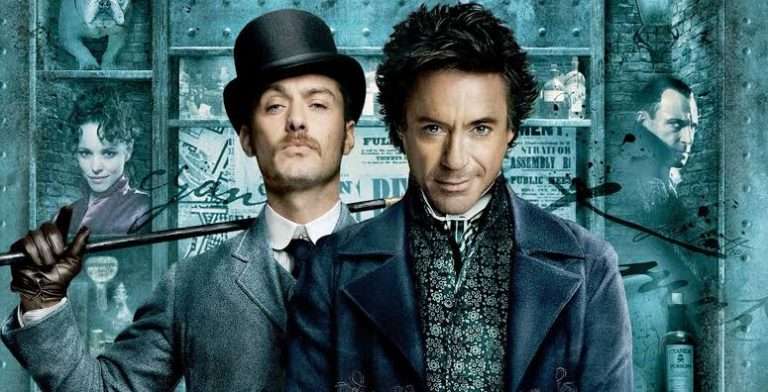Olivia Williams Calls for Actors’ Rights Over Body Scan Data as AI Threat Looms

Why Is Olivia Williams Speaking Out About AI and Actor Scans?
Olivia Williams, known for The Crown and Dune: Prophecy, has raised serious concerns over how the entertainment industry handles body scan data. The actor revealed that performers are routinely asked to undergo full-body scans on set, often without clarity on how the captured data will be stored, used, or shared.
Williams compared this situation to on-screen nudity, suggesting that actors should have a “body scan rider” similar to a nudity clause. Such an agreement, she said, would limit the footage’s use strictly to the scene it was shot for and require its deletion afterward.
What Is the Problem With Current Studio Contracts?
Williams criticized existing contracts that grant studios sweeping rights over an actor’s likeness — often phrased as covering “all platforms now existing or yet to be devised throughout the universe in perpetuity.” These vague clauses, she said, effectively strip performers of control over their digital identities.
Her attempts to negotiate or remove these clauses reportedly failed, and her efforts to personally own and license her body scan data were blocked by unclear legal frameworks and high legal costs. “They make up the law as they go along,” she said. “I sign it, because if I don’t, I lose the job.”
How Is the AI Debate Intensifying in the Film Industry?
The issue has come to the forefront following backlash against the creation of an AI-generated actor named Tilly Norwood. Many fear that data from real performers is being used to train AI models capable of replicating human likenesses — potentially replacing living actors altogether.
Supporting and background performers, including stunt artists and dancers, told The Guardian they were often “ambushed” into scans without informed consent. Some were unaware that their data might later feed AI systems.
What Are Industry Bodies Doing About It?
The UK performing arts union Equity and the producers’ association Pact are currently negotiating stronger protections. Paul W. Fleming, Equity’s general secretary, stated that AI safeguards must be “mainstreamed” into major film and TV contracts, placing transparency and consent at their core.
Pact responded that producers are “well aware of their obligations under data protection law” and that AI-related clauses are being reviewed as part of ongoing negotiations.
Why Does This Matter for the Future of Acting?
Williams warned that young and vulnerable actors are especially at risk. She cited a case of a 17-year-old performer persuaded to undergo a scan, with her grandmother — unaware of the implications — providing consent.
The actor emphasized that her stance isn’t about demanding higher pay but about maintaining control over her image. “I don’t want my likeness to appear in places where I haven’t been, doing things I haven’t done, saying things I haven’t said,” she said.
Her call highlights a growing tension between technology and creative labor — and the urgent need for laws that protect human agency in the age of AI.






